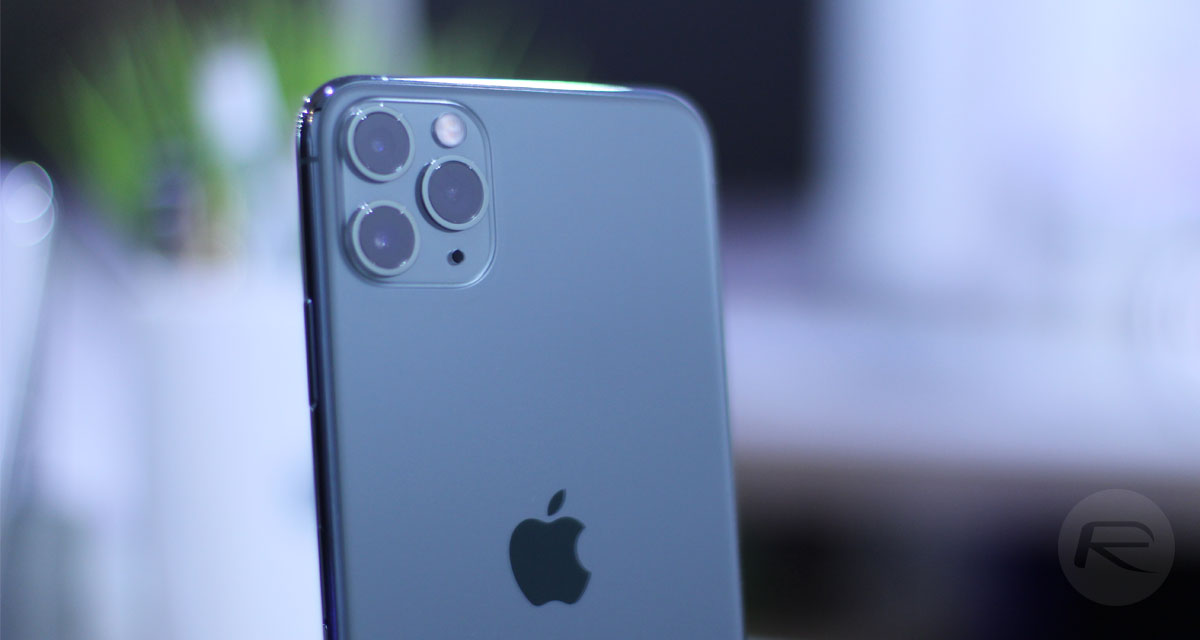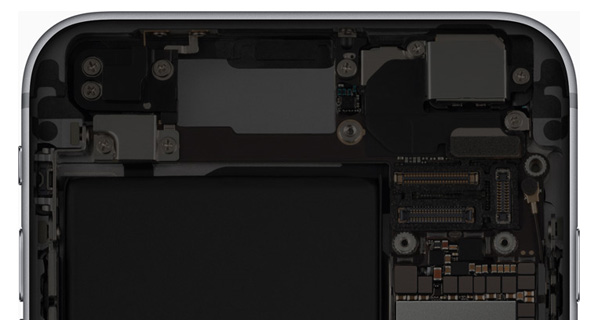If Apple follows its previous patterns, we can expect the 2020 iPhones to be the first to use the A14 processor. And if it’s anything like the A13 of the iPhone 11 and iPhone 11 Pro, it’s going to be super fast. And according to Macworld, it might even be on par with 15-inch MacBook Pros.
That’s because the A14 will be the first chip to move to the 5nm manufacturing process. And while that doesn’t necessarily mean that speeds will automatically increase, it does allow clock speeds to be bumped thanks to a reduction in power usage and heat generation. And technically, they’re going to be impressive chips as well.

If we take TSMC at its word about the improved transistor density of the 5 nm process, we’re looking at an incredible 15 billion transistors. That’s more than all but the largest high-end desktop and server CPUs and GPUs. It’s huge. It’s so big that I wouldn’t be entirely surprised if Apple shrunk the total chip area a bit to around 85 mm square and around 12.5 billion transistors.
All of this could ultimately lead to a chip that is capable of speeds even better than the A13, a chip that was 20% faster than its predecessor and the fastest mobile chip around. And if Apple’s previous trends continue we can expect the Apple A14 to compete with the Intel chips inside some MacBook Pros.
The trend line gives us a score around 4,500, but I think a combination of architectural changes and clock speed will give us a lot more. I wouldn’t be surprised if the Geekbench 5 multi-core score creeps up to 5,000 or so.
For what it’s worth, the fastest Android phones score around 3,000 on this test, and a score of 5,000 would be similar to 6-core mainstream desktop CPUs or high-end laptop CPUs. It’s 15-inch MacBook Pro territory.

We expect Apple to announce the iPhone 12 and iPhone 12 Pro in September and we’ll surely get our first idea of just how fast the new phones are. That A14 chip will be the reason for the speed bump and it will be interesting to see how it compares with the competition in 2020 and beyond.
(Source: Macworld)
You may also like to check out:
- Checkra1n For Windows Alternative: How To Use Ra1nUSB For iOS 13.3 Jailbreak
- Download: iOS 13.3 Final IPSW Links, OTA Update And iPadOS 13.3 For Compatible Devices
- Download: iOS 13.3.1 Beta 2 OTA Profile, IPSW Links Released, Here Are The Details
- Downgrade iOS 13.3 To iOS 13.2.3 For Checkra1n Jailbreak, Here’s How
- Jailbreak iOS 13.3 Using Checkra1n, Here’s How [Guide]
- Jailbreak iOS 13.3 / 13.3.1 On iPhone 11, 11 Pro Max, XS, More With New tfp0 Exploit Will Be Possible Soon
- iOS 13 / 13.2.2 Jailbreak Tweaks Compatibility List For Checkra1n
- Apple Watch ECG App Hack: Enable Outside US In Unsupported Country On Series 5 & 4 Without Jailbreak
You can follow us on Twitter, or Instagram, and even like our Facebook page to keep yourself updated on all the latest from Microsoft, Google, Apple, and the Web.

